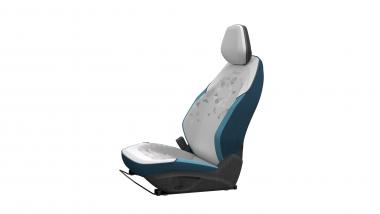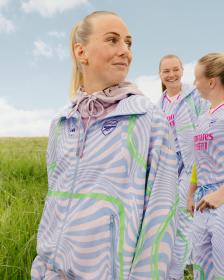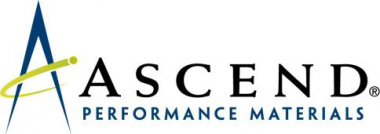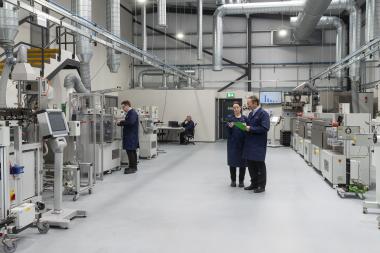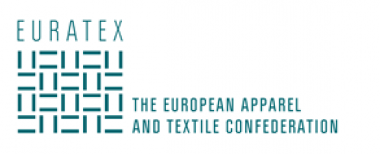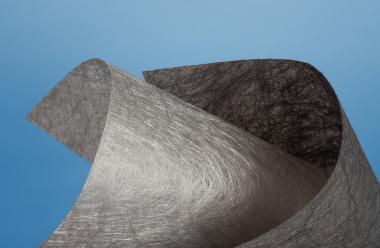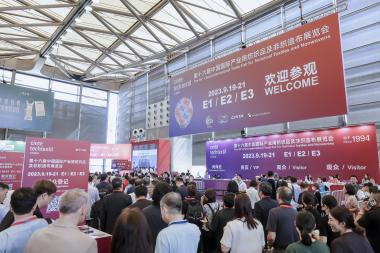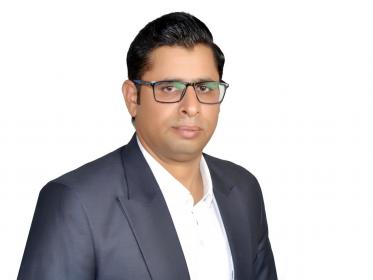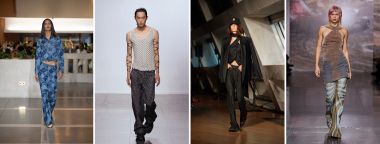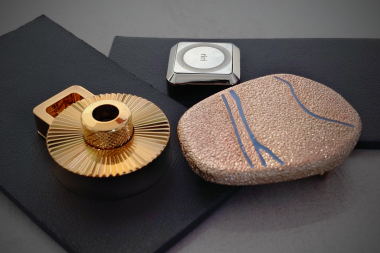Adient presented seating innovations at IAA
Adient, a leader in automotive seating, has presented its latest innovations at the IAA 2023.
The current automotive business landscape is marked by shifting industry dynamics, showcasing a strong desire for mobility, with an emphasis on digitalization, cost, and sustainable products. In line with this, Adient’s overall approach is characterized by responding to the need for more sustainable material use, while taking advantage of the potential that sustainable practices hold for streamlining processes.
Responding to the need for overall cost and complexity reduction in manufacturing, the Pure Essential seat is especially lightweight. Environmentally-conscious practices such as material separation and recycling, and design for disassembly are embedded into the manufacturing process from the development stage. The visionary seat consists of two materials only – green steel and recyclable polyester (PET).
New customer needs in terms of premium comfort are met with the Autonomous Elegance seat, specifically developed to fit Advanced Driver Assistance Systems (ADAS). State-of-the-art findings on ergonomics and human body kinematics have been incorporated following extensive occupant research. They are complemented by advanced comfort assets such as noise cancellation and advanced climate functions. “Our seat demonstrators provide solutions to our customers’ main concerns, and we are looking forward to continuing the strategic product dialogue with them, based on our new demonstrators” highlights David Herberg, Vice President Engineering Adient EMEA. Most features of the seat can already be offered for sourcing, such as the metal structure and seat kinematics (adjustment functions and mechanisms).
Considering optimized use of space as well as sustainability aspects, the automotive supplier has also given its Smart Efficiency seat an update: the seat features a slimmer appearance than its predecessor without compromising on comfort. This design does not only help save space, but also paves the way for new mobility concepts based on battery packaging in electric vehicles.
The showcased products will be available for demonstration in customer roadshows as of December 2023.
Adient


